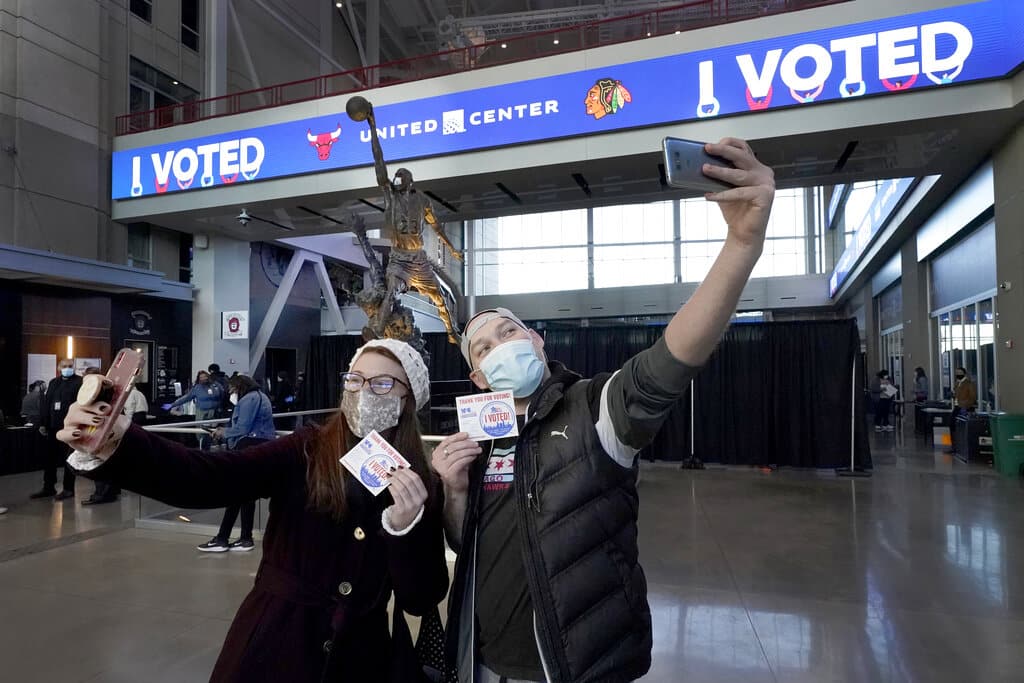The selfie photo is a staple of our culture, documenting us at events or with friends and shared on social media for all to see.
Surely, voting in this year’s 2024 elections is an event to commemorate. But can you take a selfie with your newly marked ballot while still in the voting booth?
Law professor and First Amendment scholar David Hudon writes about the ballot selfie in a new article for The First Amendment Encyclopedia. Some states have laws against taking a picture of your (or anyone else’s) voted ballots. Others have rescinded such laws and instead permit ballot selfies and sharing them on social media.
The right to a secret ballot has long been upheld as a feature to prevent voter coercion. Hudson writes that states that prohibit ballot selfies argue that the photos could lead to the buying and selling of votes. Proponents disagree and contend that a ballot selfie is a form of protected political expression that should be allowed under the First Amendment’s free speech protections.
The 1st U.S. Circuit Court of Appeals in 2017 agreed with ballot-selfie enthusiasts in Rideout v. Gardner and struck down New Hampshire’s ban on selfies, finding that the law was not narrowly tailored enough to meet the state’s goals of preventing corruption. The court found that the ban swept too broadly in prohibiting protected political speech.
Though the 1st Circuit’s jurisdiction is limited to Maine, Massachusetts, New Hampshire, Rhode Island and Puerto Rico, other states in response to the Rideout decision changed their laws to specifically allow ballot selfies. For example, Alabama disallows taking a picture of someone else’s ballot but allows taking a picture of one’s own marked ballot.
No other federal appeals court have ruled on the issue, so the laws that prohibit ballot selfies, or prohibit photo-taking in general in the voting area, are still in effect. Hudson writes that it likely would take a U.S. Supreme Court decision in a ballot-selfie case to definitively resolve the issue.
Meanwhile, some states that prohibit selfies have responded by setting up “I Voted” photo backdrops or encouraging voters to share on social media that they voted with stickers or other campaigns.

